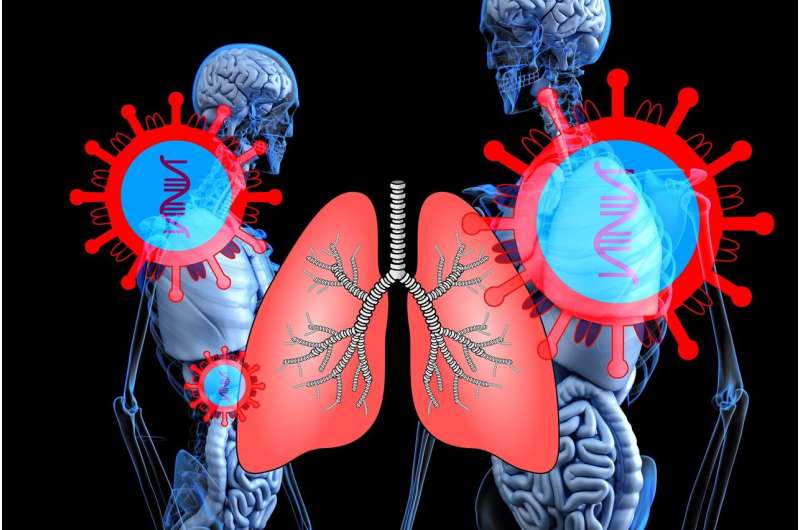Initiatives to Eliminate Race-Based Bias in Lung Function Testing

Efforts are intensifying to remove race-based adjustments from lung function testing, aiming for fairer and more accurate pulmonary assessments based on environmental and social factors. leading to updates in medical guidelines and disability evaluations.
A collaborative effort among multiple institutions is underway to reform how lung function impairment is assessed, moving away from race-based reference equations. Historically, race has been used as a proxy for biological differences in pulmonary assessments, which can influence disability ratings and worker's compensation decisions. In July 2025, a team of physicians and researchers proposed updates to the American Medical Association (AMA) Guides to the Evaluation of Permanent Impairment, advocating against race-based adjustments in lung function testing.
A recent publication in The New England Journal of Medicine detailed the history of race's role in pulmonary assessments, highlighting how these practices often overlook environmental and social factors that impact lung health. The authors emphasize the importance of shifting toward more equitable evaluation methods, warning against over-reliance on rigid cutoff criteria.
Key leaders, including Dr. Rohan Khazanchi and Dr. Nirav Bhakta, highlighted the obstacles to removing race from lung function equations, despite growing consensus from the American Thoracic Society and European Respiratory Society. They stressed that implementing race-neutral assessments is critical for addressing disparities and ensuring fair treatment, especially in disability and occupational health contexts.
Several major healthcare systems, including Mass General Brigham and UCSF, have transitioned to the race-neutral Global Lung Function Initiative reference equations, in line with updated guideline recommendations. The authors call for comprehensive reevaluation of pulmonary impairment assessments, considering environmental and social determinants, to prevent harm to marginalized populations.
This movement aims to correct past inaccuracies, promote equity, and update clinical and disability evaluation standards, with an aim for future practices to be more inclusive and scientifically sound.
Stay Updated with Mia's Feed
Get the latest health & wellness insights delivered straight to your inbox.
Related Articles
Potential Risks of Erythritol: How a Popular Sweetener Might Harm Brain Defense Mechanisms
Emerging research suggests that erythritol, a common sugar substitute, may damage the blood-brain barrier and impair cardiovascular health, raising concerns about its widespread use in diet products. Learn more about the potential risks associated with this popular sweetener.
Effectiveness of Two Forms of Ketamine Therapy in Treating Resistant Depression
A groundbreaking study compares intravenous ketamine and intranasal esketamine, revealing quicker and more substantial improvements in treatment-resistant depression, guiding clinicians toward personalized therapy choices.
Impact of Legislative Changes Threatening Healthcare Access for Immigrants in Minnesota
Legislative disputes in Minnesota threaten to withdraw healthcare access for undocumented immigrants amid growing enrollment and community concern. Read more about the ongoing debate affecting vulnerable populations.



